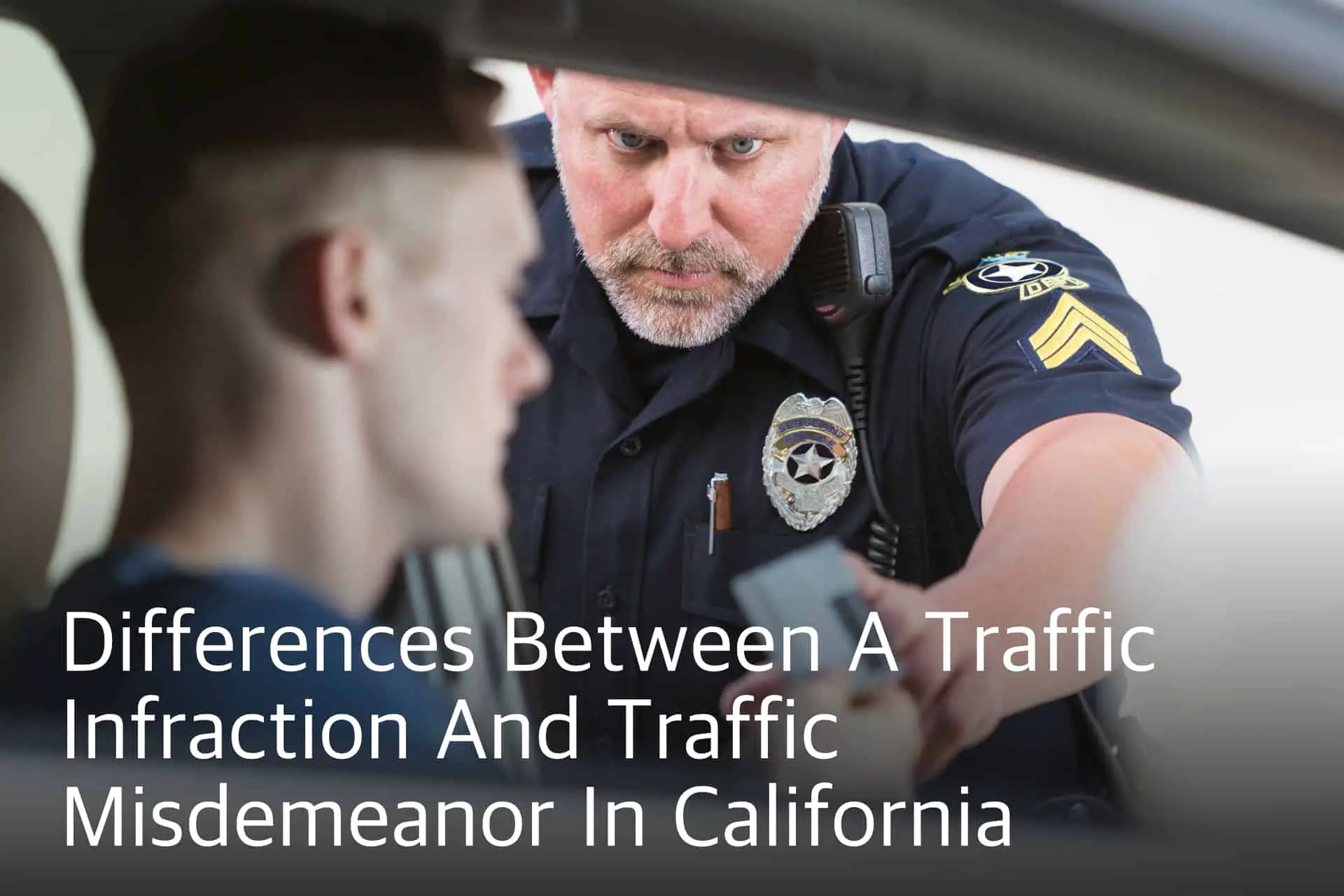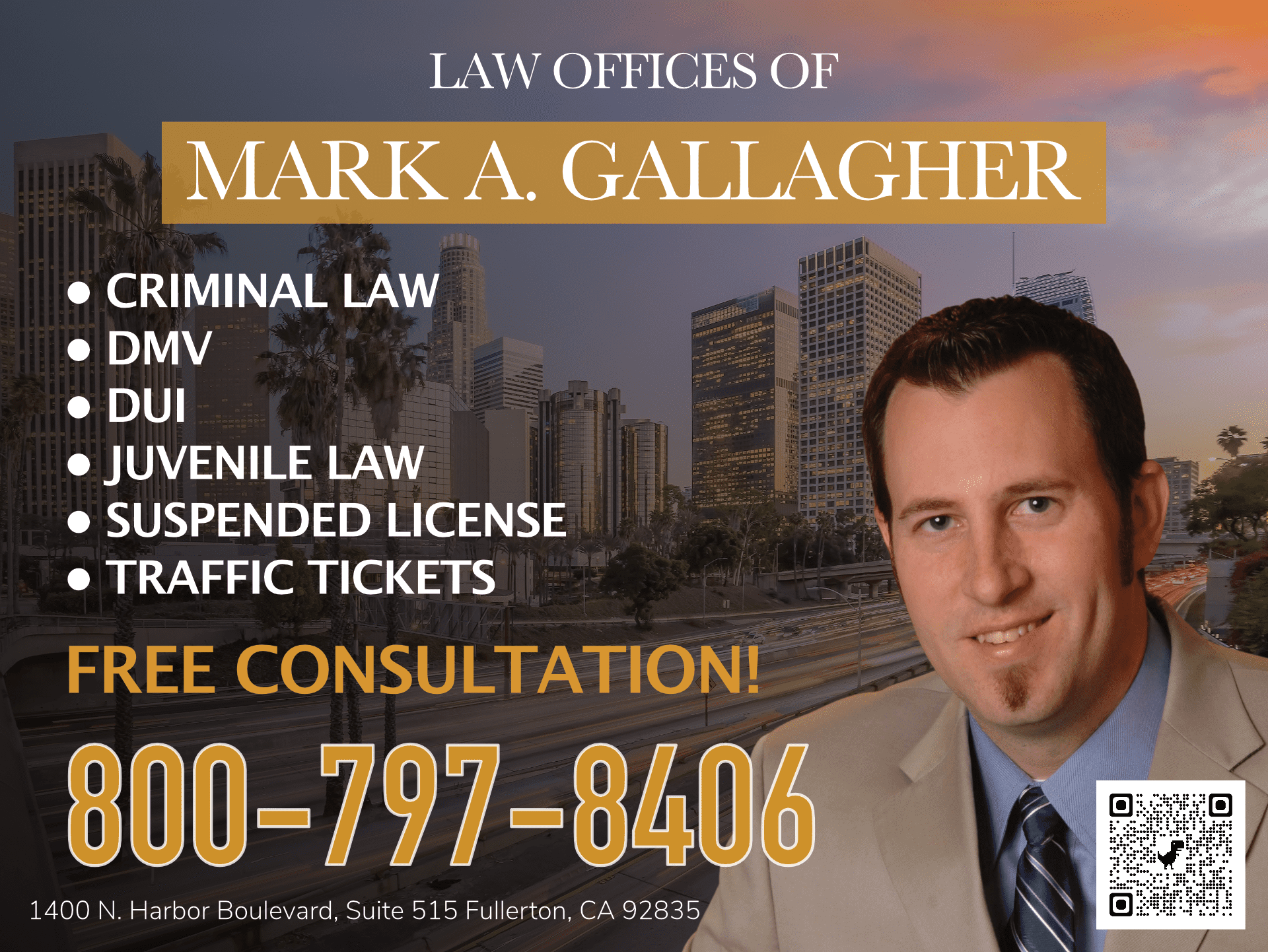For over 100 years the 4th Amendment has been interpreted by the Supreme Court to mean that evidence gathered by law enforcement agents in an unlawful manner is subject to exclusion. This may mean your Los Angeles criminal attorney can have the evidence excluded via a pre-trial motion, or if the tainted evidence is used during trial, a guilty verdict may be appealed. In any event, a recent Supreme Court decision has cast considerable uncertainty as to the exclusionary rule’s value in deterring police misconduct in the future.
Background
Prior to the 1915 decision in Weeks v. United States, the 4th Amendment was of little value to criminal defendants because evidence gathered without a warrant or unreasonably was nonetheless admissible. The logic of Weeks was that the police would think twice before acting in contravention of the law if the very conviction they emphatically sought could disappear.
Utah v. Strieff
This case, decided in June, 2016, has dealt a serious blow to 4th Amendment protections by limiting the scope of the exclusionary rule. The facts of the case are important to fully understand how the ruling in this case has created a new standard.
The officer in this case was observing what an anonymous tip led him to believe was a house used for drug operations. In the time it was monitored, many people came and went after spending brief periods of time in the house. From training and past experience, this was indicative to the officer of drug activity. Strieff was observed leaving the house, but the officer did not see or know when Strieff arrived, so there was no information available whether Strieff’s activities were in any manner drug-related. Nonetheless, the officer followed Strieff, detained and questioned him and discovered Strieff had an outstanding warrant for a traffic offense. A subsequent search of Strieff’s person uncovered a small amount of methamphetamine, and he was arrested and convicted for unlawful possession.
The Supreme Court’s Logic
The question Strieff presents is whether the existence of a warrant, unknown to the officer, trumps the stop that was unlawful because the officer had no reasonable suspicion to believe Strieff was in violation of the law. A five to three Court concluded affirmatively. Critics of the ruling fear that this now opens the door for law enforcement to stop and detain any person and check for warrants. After Strieff, there seems to be no downside to this sort of police conduct.




